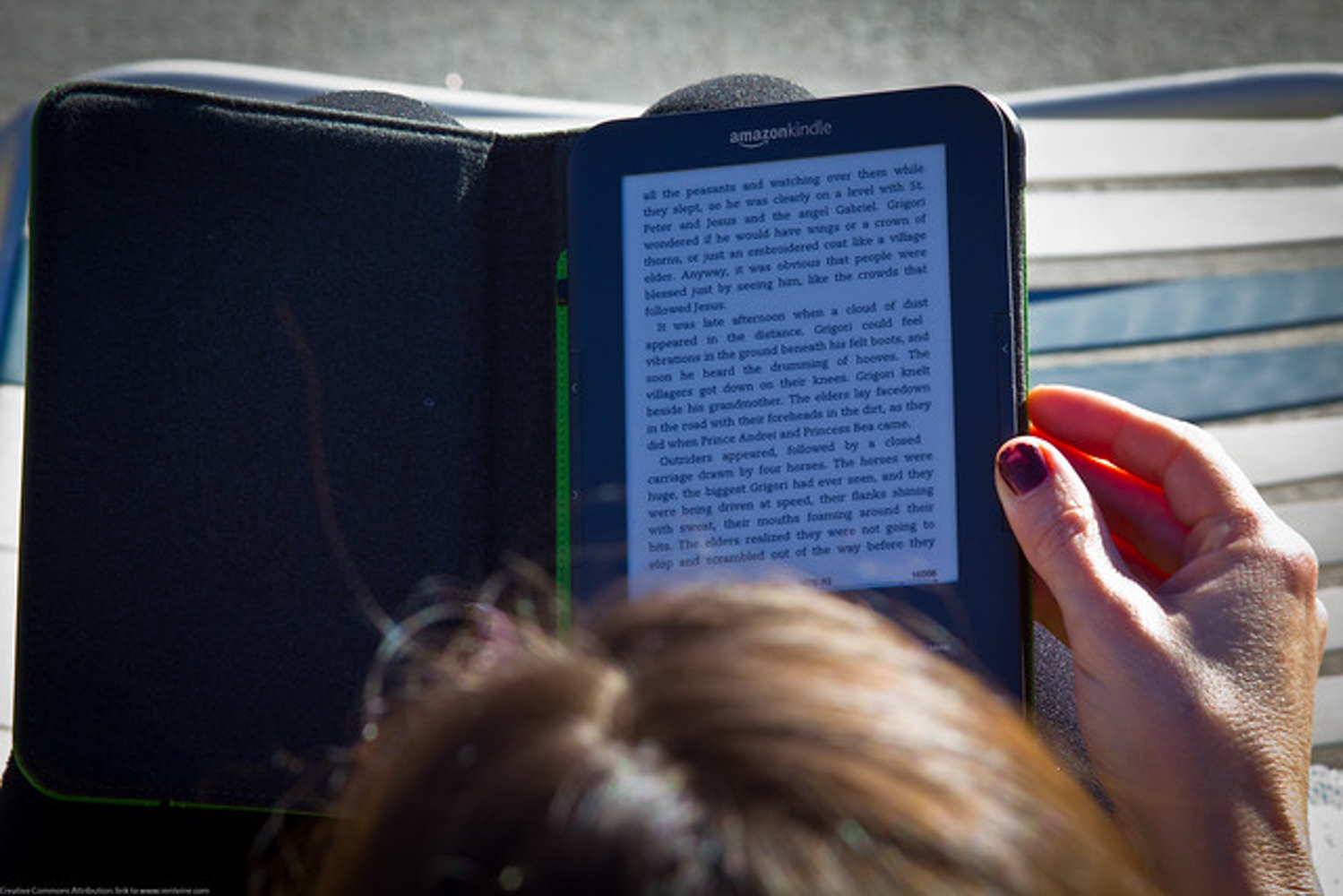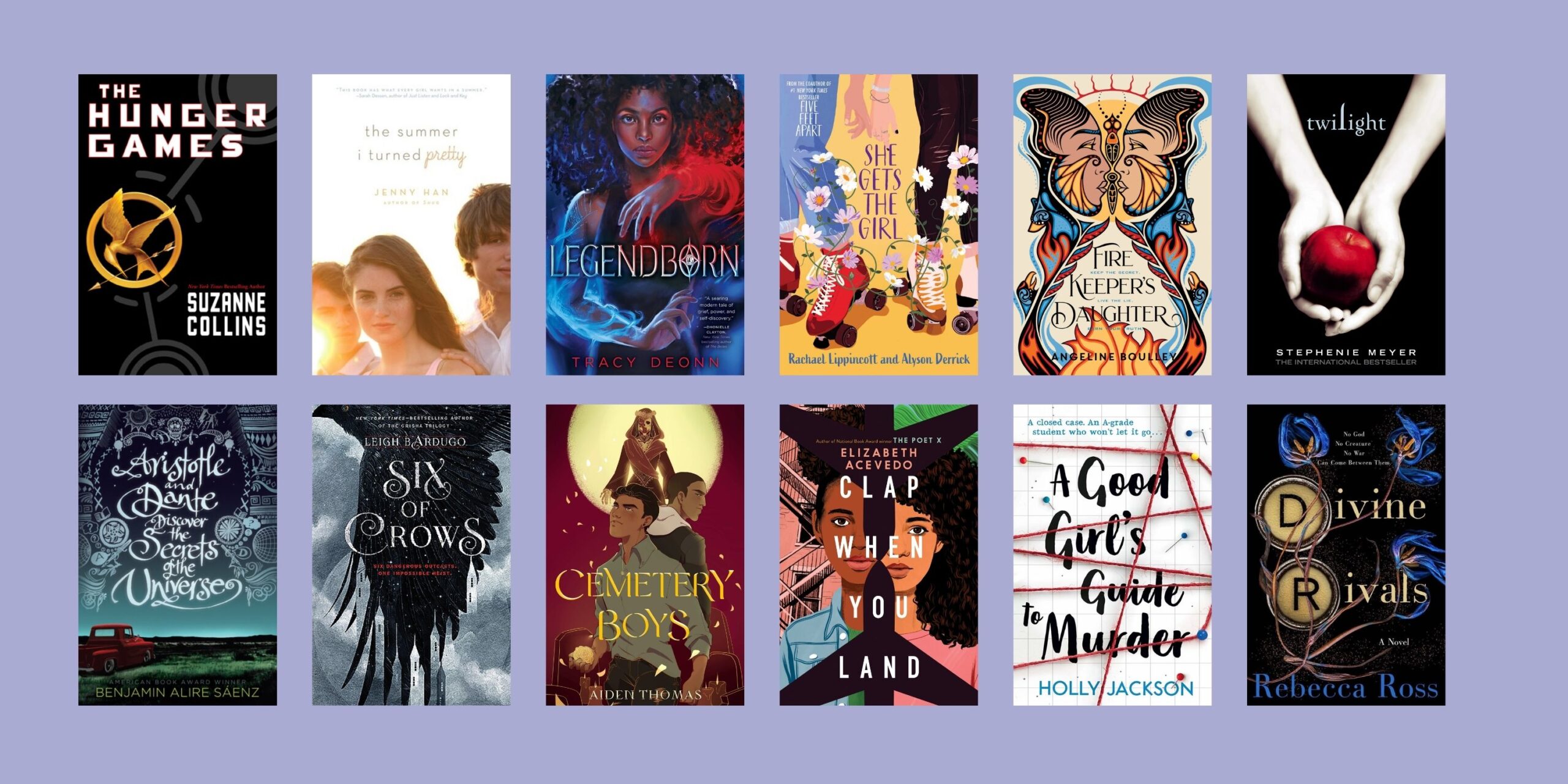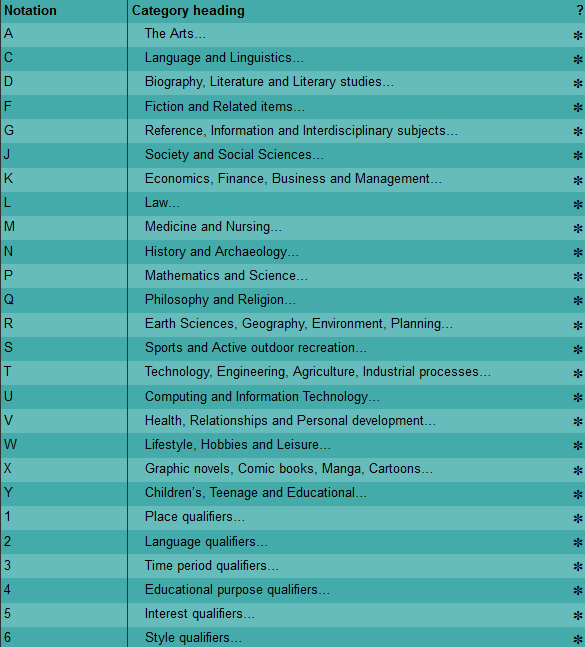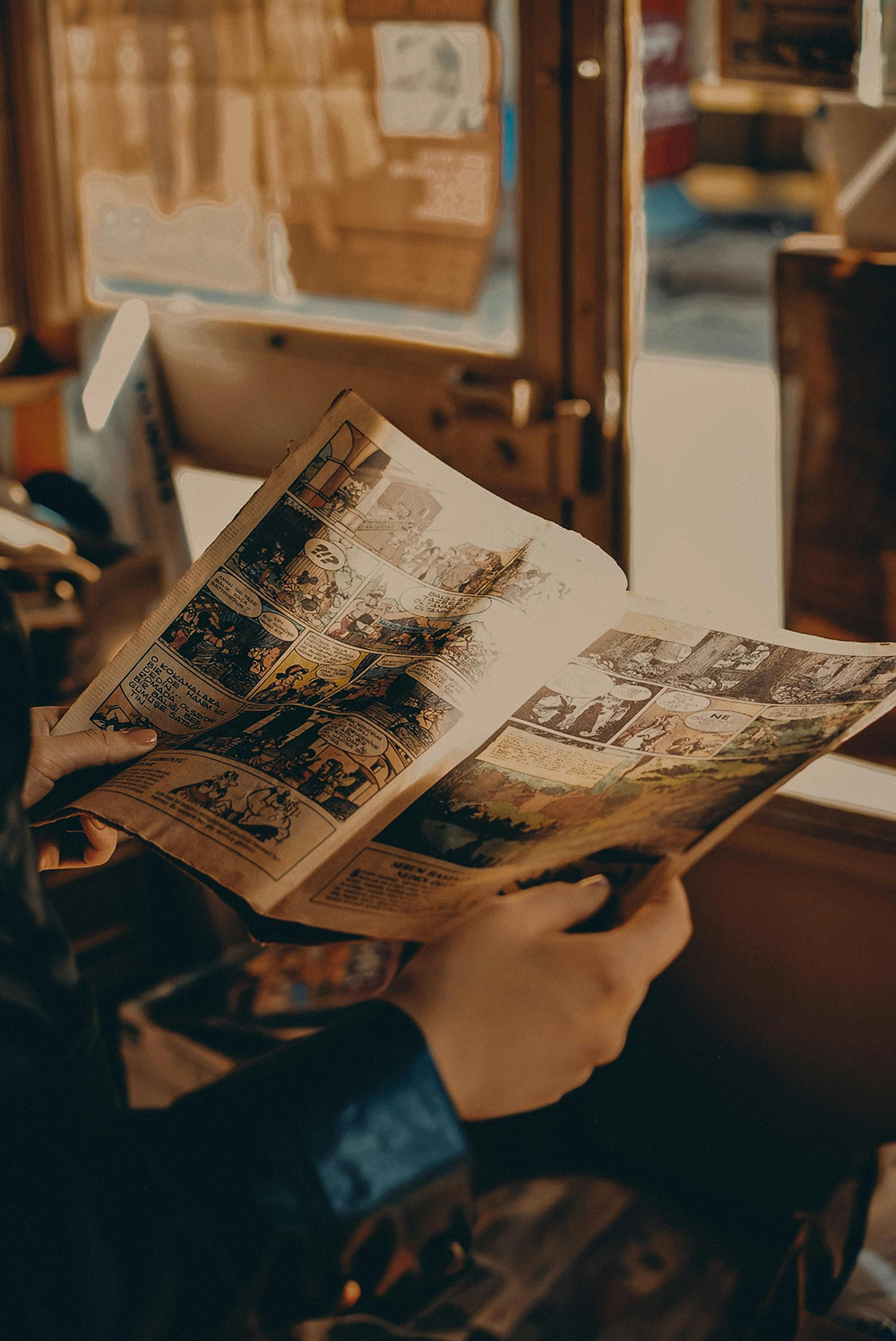A Look Into Ebooks and Audiobooks
It’s easy to get swept up in the stories we experience via ebooks and audiobooks, but it adds another layer of appreciation when we can better understand how they make it into our digital libraries.
SEO Description:. A look into audiobook productions and the reasoning behind limited ebook rentals.










